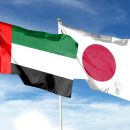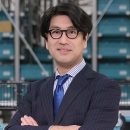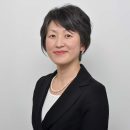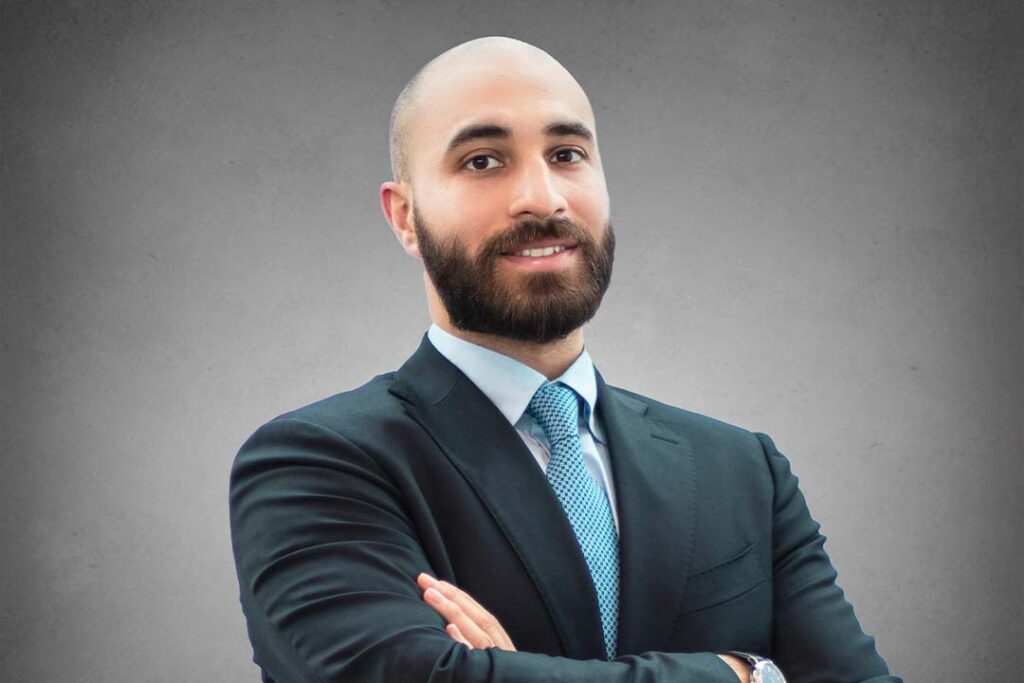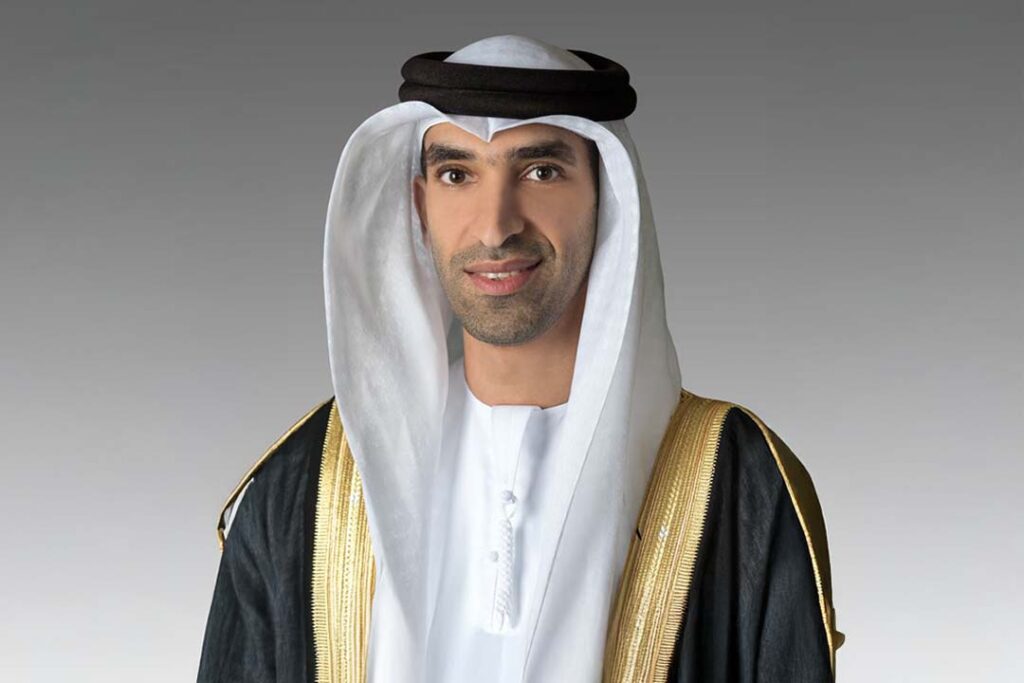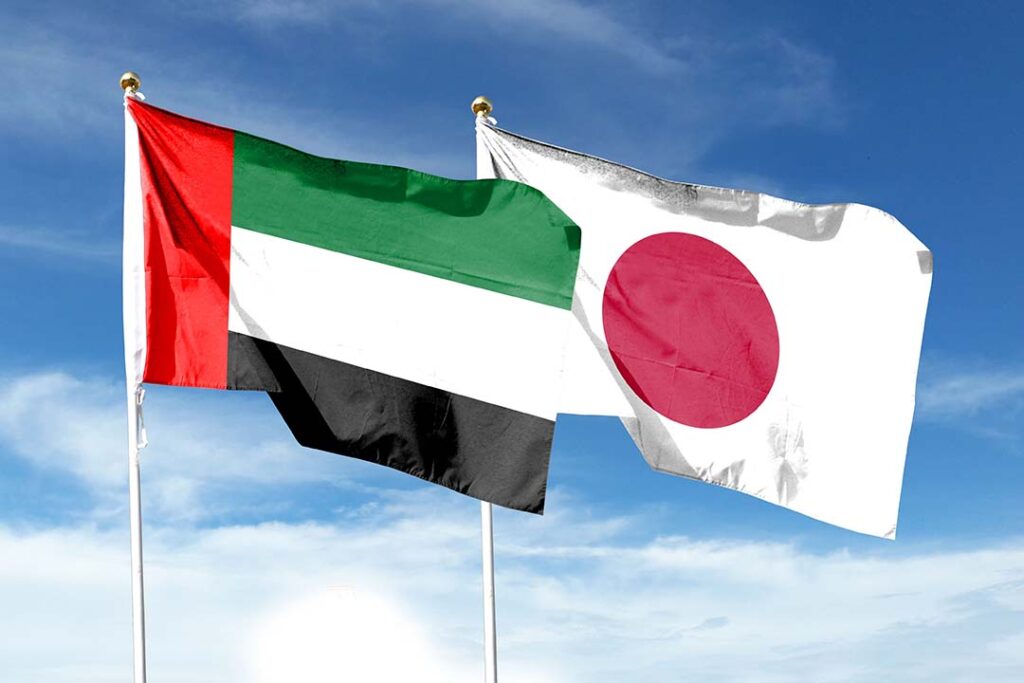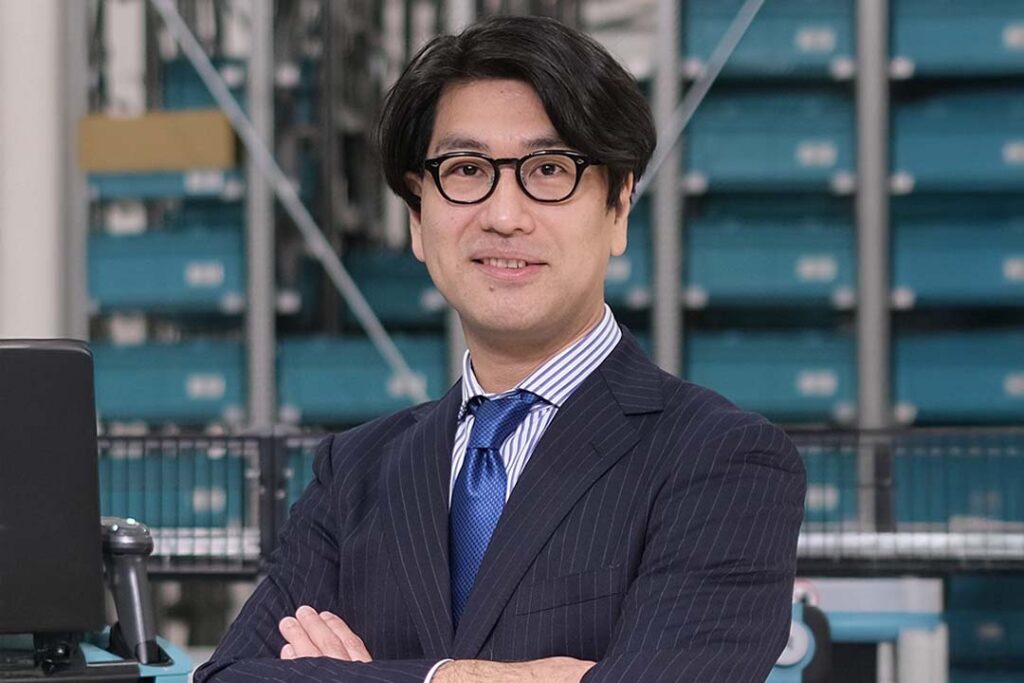The Vietnam Pavilion at Osaka Expo continues to attract many visitors with the theme; ‘An Inclusive Society Where People Are Centered’.
Very much in line with the theme of the Pavilion, Yosuke Kobayashi, Chief Representative of JICA’s Vietnam Office, provides Bridges with an overview of JICA’s operations in Vietnam.
JICA has worked closely with the Vietnamese government to support its social and economic development in a wide array of sectors through technical and financial cooperation, especially since Japan resumed its ODA in 1992.
As an organization whose mission focuses on human security and quality growth, we have always placed Vietnamese people at the center of our cooperation – not only as beneficiaries, but as active creators of progress, equity, and sustainability – as the Commissioner General of Viet Nam at EXPO 2025 Osaka, Kansai, Japan notes in her message:
EXPO 2025 Osaka, Kansai, Japan | Việt Nam EXPO
Our cooperation has supported and will continue to support human resources and infrastructure development necessary for Vietnamese people to accelerate their reforms and realize their goal of turning the country into a high-income country by 2045.
Areas of Mutual Interest
When Japanese Prime Minister Ishiba Shigeru met Vietnamese Prime Minister Pham Minh Chinh in Hanoi in April this year, they agreed to study the possibility of cooperation in areas of mutual interest such as semiconductors, artificial intelligence (AI), strategic infrastructure, disaster prevention, among others. Our recent work and plans in some of these areas include the following:
Semiconductors
As part of the national strategic project to enhance the development of “Vietnam-Japan University,” we are supporting the University introduce a new bachelor’s course on semiconductors from the new school year this fall.
This support will contribute to Vietnam’s goal of training 50,000 semiconductor specialists by 2030. JICA is also working closely with stakeholders to prepare a loan project for construction of a new campus for the university to lay the foundation for its future development.
Artificial Intelligence
We are partnering with the National Innovation Center and the Hanoi University of Science and Technology for research and human resources development on AI. As for the former, we are currently implementing an AI Startup Accelerator Program Pilot, with an aim to validate that structured and context-specific support can meaningfully accelerate the development of AI startups and foster deeper integration into both domestic and global innovation ecosystems.
Strategic Infrastructure
On December 22, Ho Chi Minh City’s Urban Metro Line No. 1 (Ben Thanh – Suoi Tien section), funded by our loan, officially commenced operation. Together with the infrastructure development, we have been involved in the establishment and the strengthening of the metro operator, Ho Chi Minh City Urban Railway Company No 1 (HURC1) since 2011. Japanese technology and know-hows have been fully utilized in both infrastructure and human resources development in collaboration with various Japanese businesses.
By June 2025, the line had been used by more than 10 million people. The city has been recently expanded to include the former Binh Duong and the former Ba Ria Vung Tau. How we can potentially support the extension of the railway line to improvement of access from Binh Duong to the city is a matter of our great interest.
In Hanoi, we are now preparing our project on Hanoi Urban Metro Line No.2 (Nam Thang Long – Tran Hung Dao Section), while also studying the potential for support to extension of the line. We have worked on the upgrading of the Noi Bai Airport and the access to the city center therefrom in the past, and we are especially interested in exploring further cooperation in this area.
Disaster prevention
The northern mountainous regions are prone to flash flood and landslides, and we are now conducting a project to strengthen their capacity for adapting the early warning systems to cope with and minimize damages caused by such disasters.
A Sabo dam is one of the most effective structural countermeasures, and a pilot dam was constructed in Son La Province in April this year under the project, not only to protect the residents in the area as direct beneficiaries but also to serve as a reference for formulation of a technical standard for designing Sabo facilities by the Vietnamese Government.
The standard will help the Government construct other Sabo dams in the high-risk areas in the coming years. We are also preparing new projects for infrastructure development to help the Northern provinces respond effectively to climate change and its impacts.
JICA Vietnam: Supporting Vietnam’s Reform Efforts
Vietnam is now pushing forward drastic reforms with a long-term goal of becoming a high-income country by 2045. The four pillars of reforms are:
- Science, technology, innovation, and digital transformation (Resolution 57)
- International integration (Resolution 59)
- Private sector development (Resolution 68)
- Law-making and enforcement (Resolution 66)
We are committed to supporting Vietnam’s reforms under these pillars. While being mindful of the fact that these pillars are tightly interconnected and collectively form a unified framework for development, I would like to introduce some of our work related to the pillars above.
Vietnam is now pushing forward drastic reforms with a long-term goal of becoming a high-income country by 2045.
Yosuke Kobayashi, Chief Representative of JICA’s Vietnam Office
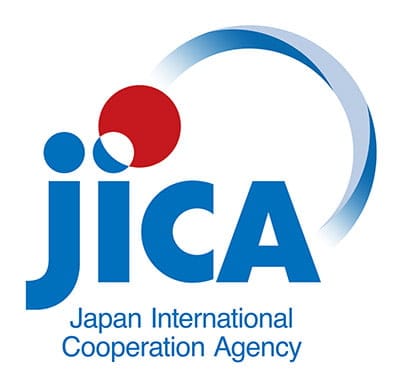
Science, technology, innovation and digital transformation
Besides our work on semiconductors and AI explained above, we have long-standing cooperation programs for promoting international brain circulation including scholarship and training programs, technical cooperation focusing on research partnerships for sustainable development, proposal-based programs for businesses, among others.
Through these programs, we will continue to facilitate mutual learning and co-creation of solutions between Japanese and Vietnamese stakeholders. One specific example of our new projects in this area involves cooperation on digital transformation in Hanoi’s transport system.
International integration
Our international cooperation in general inherently has some aspects of supporting international integration by sharing of Japanese and global knowledge and experience, and we have contributed to Vietnam’s international integration in various levels and areas from the early years of our cooperation. Ishikawa Project, a joint research project between the two countries from 1995 to 2021 whose initial phase aimed to provide policy support to the formulation of the Sixth Five-Year Development Plan 1996–2000 (FYP6) in the early stage of Vietnam’s economic transition under Doi Moi, remains one of our most symbolic projects contributing to Vietnam’s economic development and international integration.
We continue to share our knowledge and experience in many areas, including through our flagship cooperation for training of leaders at different levels in collaboration with the Central Committee of Organization and Personnel, Communist Party and Ho Chi Minh Academy of Political Science of Vietnam. Our focus has always been and will continue to be respect for ownership of the partner country in the selection of policy options, which I believe is very much in line with the spirit of the Resolution 59 that stresses that international integration must be based on intrinsic strength.
Private sector development
Private sector development has been one of the focus areas of our cooperation with Vietnam for a long time, and the need for developing small and medium-sized enterprises (SMEs) and indigenous industrial sectors was one of the key messages of the Ishikawa Project.
One specific example of our recent work in this area is our special entrepreneur training program called “Keieijuku” in partnership with the Vietnam-Japan Institute for Human Resources Development in Foreign Trade University. The program has trained over 800 leaders and managers of Vietnamese companies on managerial skills based on Japanese experience, providing an opportunity for the companies to thrive further in the global market. We also continue to provide bank loans for SME financing while also supporting Japanese businesses in their effort to identify opportunities to partner with Vietnamese companies for solving development issues.
Law-making and enforcement
Sinch 1996, we have continuously worked with Vietnam to improve its overall law-making and enforcement capacity through our legislative and judicial development cooperation.
Our current project, whose counterparts are the Ministry of Justice, the Committee for Internal Affairs of the Communist Party, the Supreme People’s Court, the Supreme People’s Procuracy, the Office of the Government, and the Vietnam Bar Federation, directly focuses on enhancing the quality and efficiency of developing and implementing laws. Our long-standing cooperation is a foundation on which Vietnam can build on to effectively implement Resolution 66.
Building Trust
Coming back to the theme of the Viet Nam Pavilion at Osaka Expo “An Inclusive Society Where People Are Centered,” we value the trust between people in supporting people-centered development and our cooperation has helped build trust between a wide array of Vietnamese and Japanese people. At the forefront of this trust-building are our Japan Overseas Cooperation Volunteers, who are working with Vietnamese citizens across Vietnam.
This year marks the program’s 30th anniversary and more than 750 Volunteers have worked with various Vietnamese partners on capacity-building in areas such as education, health, social protection, community development, tourism, media, among others since 1995.
And they have helped build such trust not only during their assignment in Vietnam, but also after their return to Japan. As more and more foreign workers come to Japan to work, the need for Japanese communities to become more inclusive is increasing rapidly, and many ex-Volunteers are making significant contributions to this effort in their communities as essential human resources who understand Vietnamese people’s values. In other words, they have been instrumental in building trust between Vietnamese and Japanese people and creating “An Inclusive Society Where People Are Centered” not only in Vietnam but also in Japan.
When it comes to the building of trust between Vietnamese and Japanese people in Japan, much more work is needed to create an environment where Vietnamese residents can live and work safely. One of our activities in this regard include our cooperation to exclude unscrupulous brokers in Vietnam through introduction of a digital platform for jobseekers, thereby addressing some of the root cause of human right abuses in Japan.
Furthermore, we are collaborating closely with JP-MIRAI, “Japan Platform for Migrant Workers towards Responsible and Inclusive Society,” which is a platform consisting of more than 850 organizations and individuals from both the public and the private sectors with the same goal of protecting the rights and improving the living and working conditions of foreign workers in Japan.
Partnership through cooperation
The cooperation between Vietnamese and Japanese people have significantly contributed to Vietnam’s inclusive development, aligning with the theme of “An Inclusive Society Where People Are Centered” showcased at the Vietnam Pavilion at Osaka Expo.
As Vietnamese people strive to achieve their goal of turning the country into a high-income country by 2045, we are committed to supporting their reform efforts especially in areas of mutual interest, with trust built between people at various levels through years of cooperation as the foundation. “Future Society for Our Lives,” the theme of the Expo, depends on the solidarity between different societies and people across the world. We are ready to play our part and continue widening and deepening the partnership between the two countries through our cooperation.
www.jica.go.jp/english/overseas/vietnam
www.jica.go.jp/english












